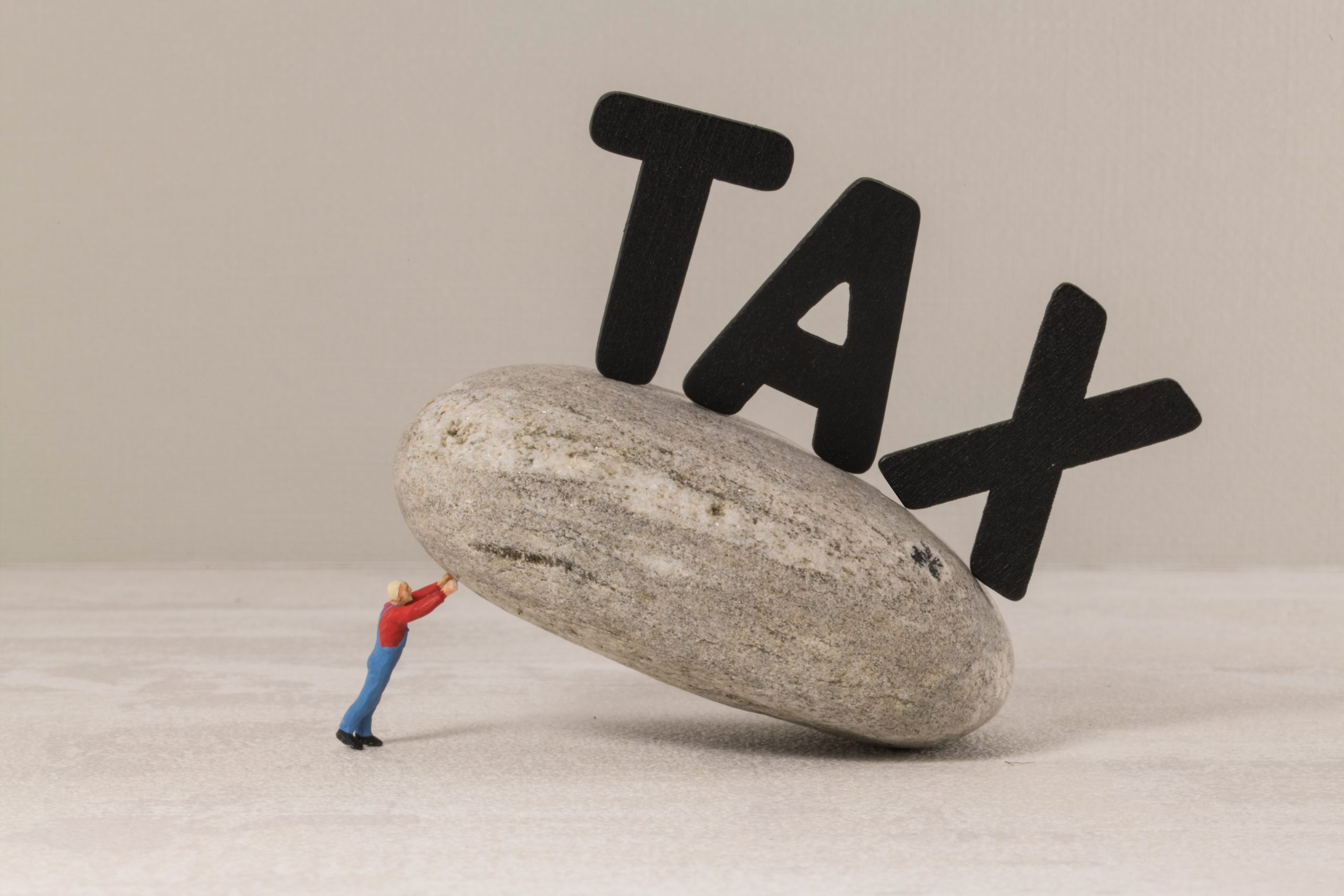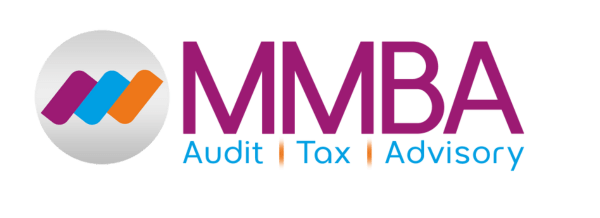
Recent Blog
Arrange a FREE Consultation Call and Let’s Discuss Your Goals!
Donating to charity is a generous act, but did you know that it can also be tax efficient. However, through the UK’s Gift Aid scheme, your donations can go even further and you might even get tax relief too. But it’s common to make a Gift Aid mistake, and if one fails to pay enough tax or misunderstands how income tax interacts with your donation could leave you with a tax bill instead of a good feeling. Having an expert by your side, such as MMBA Accountants, can help you understand UK Gift Aid Scheme better.
Here’s everything you need to know about claiming Gift Aid, if you’re a regular donor or giving for the first time.
Table of Contents
What is a Gift Aid Declaration?
A Gift Aid declaration is your official confirmation that you’re a UK taxpayer and you want a charity to claim tax relief on your donation. This allows the charity to claim Gift Aid at the basic rate of tax, which is currently 20%. It boosts your donation by 25% at no extra cost to you.
For example, if you donate £100 and tick the Gift Aid box, the charity receives £125. This is because the gross value of your donation is treated as £125, of which £25 is income tax already paid by you.
Paying Enough Tax to Qualify for Gift Aid
To qualify for Gift Aid, you must have paid enough UK Income Tax and/or Capital Gains Tax in the tax year to cover the Gift Aid claim. This includes tax paid on investment income, employment, savings, and even taxable profits from a business.
Don’t confuse this with council tax or VAT because those don’t count. However, if you’ve not paid sufficient tax, you could be asked to repay the tax relief to HMRC. This makes it vital to check your tax status before ticking that box.
What if I don't Pay Enough Tax?

If you don’t pay income tax or capital gains tax for example, then you’re below the personal allowance or only have non-taxable income then you can’t make a Gift Aid declaration. This could result in HMRC issuing you a bill for the tax to cover your Gift Aid donations. Understanding how Gift Aid impacts your personal taxation is key to maximising your charitable contributions and your tax relief.
Gift Aid and Higher Rate Taxpayers
If you’re a higher rate taxpayer (40% or 45%), you can claim additional tax relief on your donations. While the charity claims back 20%, you can claim the difference between your rate and the basic rate on your self assessment tax return. That’s an extra 20% (or 25%) in your pocket, or you can even re-donate it back to charity.
If you haven’t done this before, you can amend your tax return for the previous tax year to claim missed relief.
Unclaimed Additional Tax Relief
Many UK taxpayers forget to claim this. If you’re a Scottish taxpayer or pay higher rate tax, check your assessment tax return for past charitable giving. You can usually backdate this claim for up to four years.
Qualifying for Gift Aid as a Pensioner
Pensioners can qualify for Gift Aid if their taxable income exceeds the personal allowance. Just make sure that you’ve paid tax in the current tax year to match the Gift Aid donations you’ve made. Investment income like dividends or interest from ISAs doesn’t count unless taxable.
Which Donations Qualify for Gift Aid?
To claim Gift Aid, your donation must be a voluntary donation from a UK taxpayer. It should not be in exchange for goods or services. Cash donations, one-offs, standing orders, and even text donations may qualify.
Donations to community amateur sports clubs (CASCs), charity shops (on sales over £1,000), and via charity events may qualify, but it depends on the setup.
Making a Donation Through CAF or Payroll Giving
Donating via the Charities Aid Foundation (CAF) or Payroll Giving is a bit different. Since these donations are made before tax, thus Gift Aid does not apply. Instead, the tax benefit is automatic, as the aid foundation deducts your donation from your gross salary.
Claiming Gift Aid on Ticket Sales or Funeral Collections
No, Gift Aid can’t be claimed on event ticket sales, raffle entries, or anything with a tangible benefit. Similarly, funeral collections, unless donated directly by an individual taxpayer, often don’t qualify. Nor can clubs or corporate bodies claim Gift Aid on behalf of a group.
A Gift Aid Donation Through a Company
Companies can’t use Gift Aid, but they can claim tax relief on charitable giving as a business expense. Sole traders and partnerships, however, can use Gift Aid, provided they pay income tax and meet all criteria.
Impacts of Donation in a Previous Year
You can backdate a Gift Aid declaration to cover donations made in the previous tax year, but this must be done before your tax return deadline. This is a great way to get tax relief sooner if you’re anticipating a refund.
Access to Gift Aid Information
Your personal details will be shared between the charity and HMRC for Gift Aid claims. Charities must store this data securely and not use it for marketing unless you give consent.
Cancelling a Gift Aid Agreement
You can cancel at any time and just need to contact the charity. If your tax code or income drops and you no longer pay enough tax, it’s crucial to inform the charity to stop claiming Gift Aid on your behalf. For higher-rate taxpayers, claiming Gift Aid relief can sometimes adjust your effective tax rate. Familiarising yourself with the list of tax codes can help you understand how your income is taxed.
Conclusion
While Gift Aid is an incredible tool to enhance charitable gifts, it’s not without its complications. Understanding how your UK income, capital gains, and tax paid interact with donations is key to avoiding a Gift Aid mistake.
The latest statistics show the average Gift Aid donor gives £360 annually, with Northern Ireland leading at £750. To make the most of your charitable giving, always check your tax status, ensure you’ve paid sufficient tax, and consider seeking professional advice when unsure.
Making donations should feel good. With a bit of planning, Gift Aid can work in your favour and for the greater good.
Frequently Asked Questions
What kind of donations qualify for Gift Aid?
Only voluntary donations from individuals who pay tax in the UK qualify. That means the donations received must not be in exchange for goods or services.
What happens if I haven’t paid enough tax to cover my donations?
If you haven’t paid sufficient tax on your income or capital gains, you may need to repay the basic rate tax claimed by the charity. Always check you’ve paid enough tax to cover your charitable gift.
Can Scottish taxpayers use Gift Aid?
Yes, Scottish taxpayers can use Gift Aid, but it still works based on the UK’s basic rate tax. Be sure you’ve paid enough income tax or CGT in the year of the donation.
Can I correct past Gift Aid claims on my tax return?
Yes. If you missed claiming relief or made an error, you can submit an amended return within four years of the relevant tax year, provided you had enough income and paid sufficient tax.
Does every type of donation count for tax relief?
No. Only voluntary donations count. Money from auctions, raffles, or fundraising where you receive something in return is excluded from Gift Aid, even if the money raised goes to charity.


